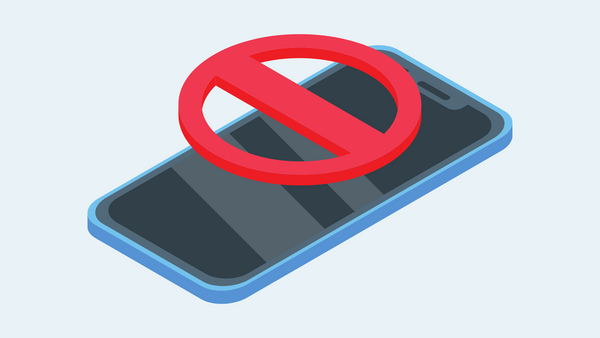You need to detoxify. Detoxification is the medicinal removal of toxic substances from your body. The process eliminates harmful compounds accumulated over time due to environmental pollution, unhealthy diet, or substance abuse. Detoxification uses various methods. Diet. Herbal remedies. Intermittent fasting. Therapy. Research says the goal is to support your body’s natural detox systems: the liver, kidneys, and digestive tract to cleanse and purify your body.
On The One Hand
A digital detox detaches you from social media platforms and electronic devices: mobile phones, laptops, or tablets. It is a digital reset. It forces you to be present. The idea is to break the cycle of dependency on digital devices. The overall effect can lead to improved mental health. Better sleep. Meaningful interactions with others. I observe digital detox every week.
On The Other Hand
A Fintech detox can be as short or as long as you want. Recently, I had a 72-hour Fintech detox. I was refreshed. You may not even think about it. But in the new dispensation, you may go days or weeks without engaging Fintech in any form. It may be a major reset. It is up to you. For me, I took three days off and shunned engagements with Fintech. I took a break from Fintech. I did not use Fintech products, even to receive and send funds. Can you try it?
In The Long Term
The pandemic has changed the electronic payments landscape and hastened the adoption of instant payments as people switch to electronic channels for funds exchange. The Covid has transformed our lifestyle. Electronic payment is our world. The effect of the pandemic has pushed all of us to worship at the Fintech altar. We have moved from cash to card, from bank branch to virtual payment and from virtual to instant payment.
Then many Fintech start-ups emerged to oil the path of worship. A report from ACI Worldwide and Global Data, a leading data and Analytics Company, and the Centre for Economics and Business Research says the volume of real-time payment transactions in Nigeria’s economy will hit 8.9 billion in 2027 from 5.1 billion in 2022.
NIBSS Instant Payments (NIP) is Nigeria’s real-time payment system. NIBSS rolled out NIP in 2011. It is an account-number-based online, real-time inter-bank payment solution. The banks, micro-finance banks, and mobile money operators support NIP. You can use it via the Internet, mobile banking, bank branches, kiosks, USSD, PoS terminals, and ATMs. This has helped NIP to achieve high adoption and usage rates.
With Fintech detox, you have eliminated phishing, identity theft, and fraud because you rely on cash and not a card. Your spending is minimised. You are not compelled to spend money because you have prepared for all your needs in advance. No mobile banking. No USSD. No online shopping.
You will not send money via electronic means. You will rely on cash for your purchases. You will not register to complete any transaction. You’d reduce screen time. In exchange, you will have productive time. For instance, if you spend an average of six hours online per day, that is about 180 hours per month. You can transfer this to improve your life.
By disconnecting from Fintech, and by extension digital, I did more. I concentrated more. I got more out of life. I finished personal projects on time. Maybe you can work at it too. In the process, you could pick up a new skill that could lead to a promotion. Or get a raise at work. Perhaps you can start a side hustle for some extra income.
When I discovered Fintech detox, I was on a digital detox. I had restricted access to my mobile phone and laptop. The devices were in my limo’s trunk at a retreat. Yes, because I had no access to my devices, I had no access to the Fintech menu. That was the ha-ha moment. The next time you need more hours to work on a project, consider a digital detox. It will lead you to Fintech detox. No screen time equals Fintech detox. Fintech detox means working offline.
In The Short Term
With Fintech, you need a device to pay bills, make transfers, and shop online. Start with a digital detox. Then graduate to Fintech detox.





